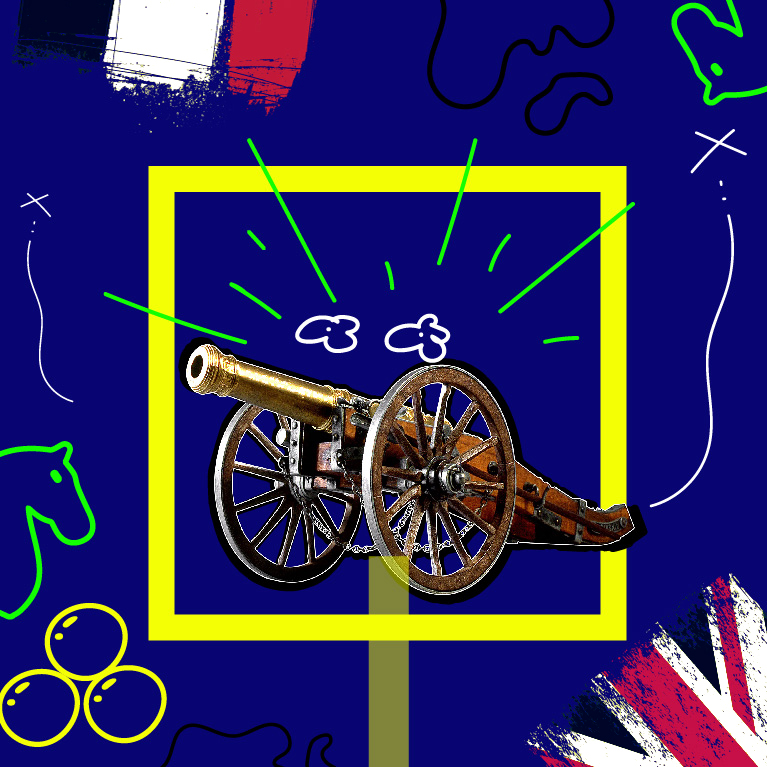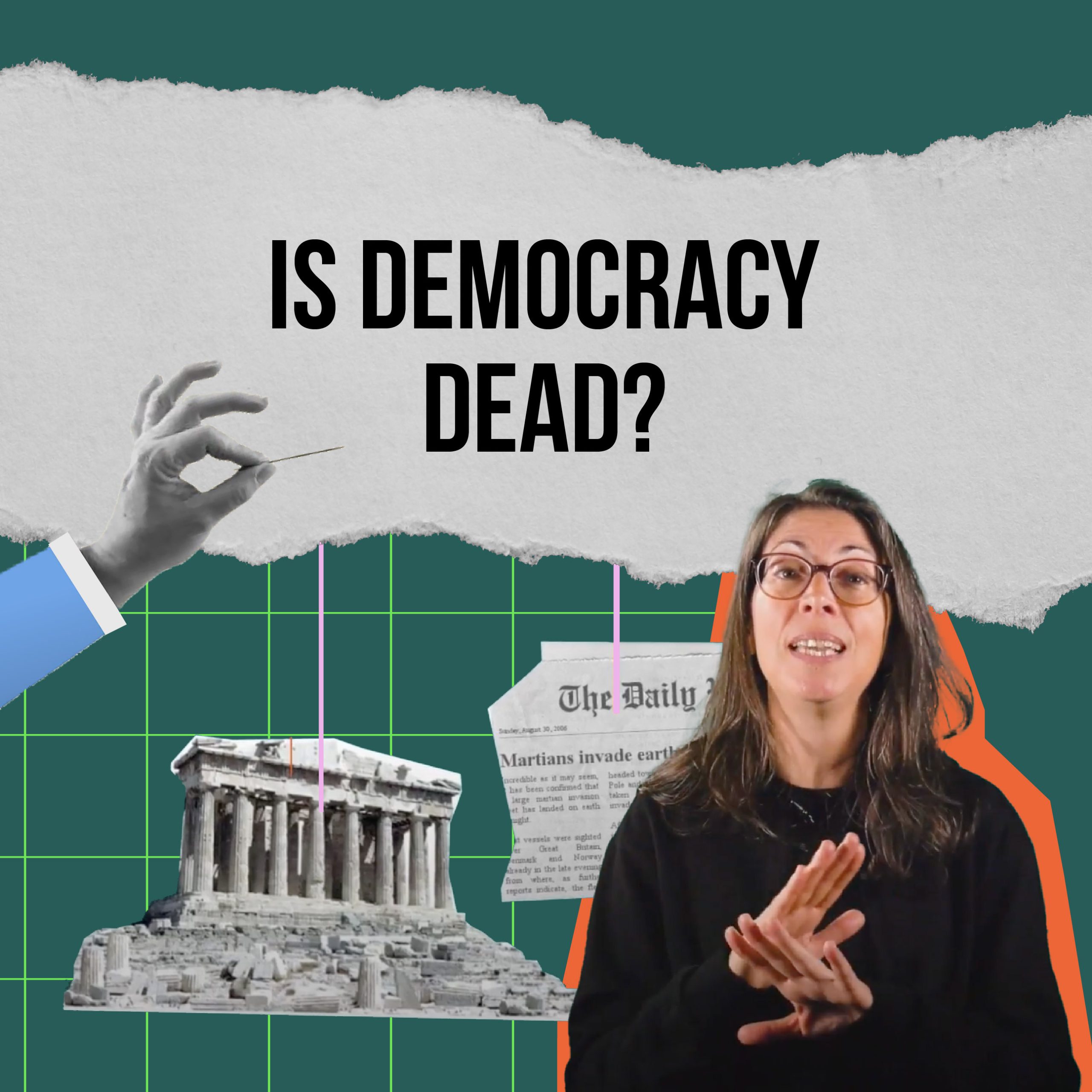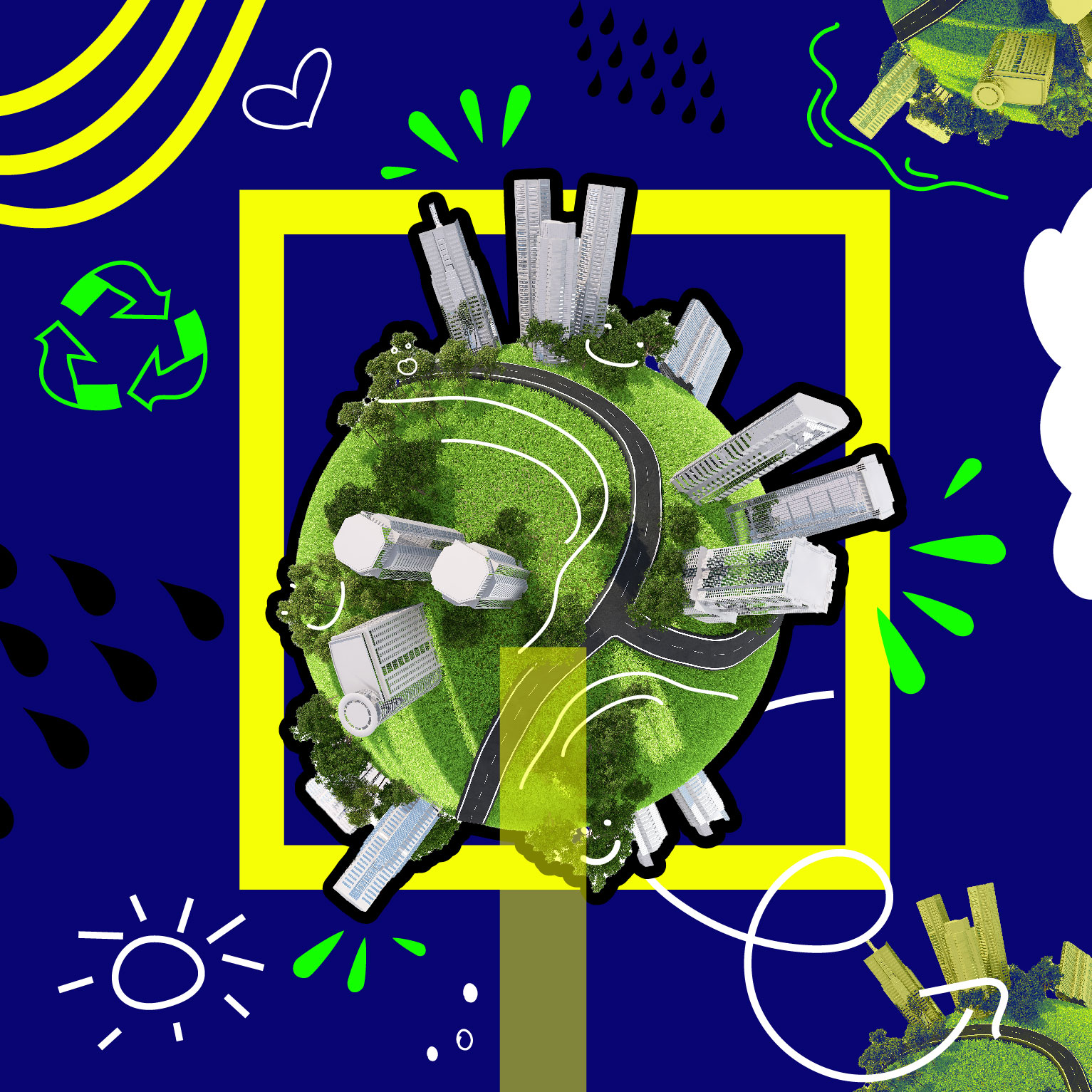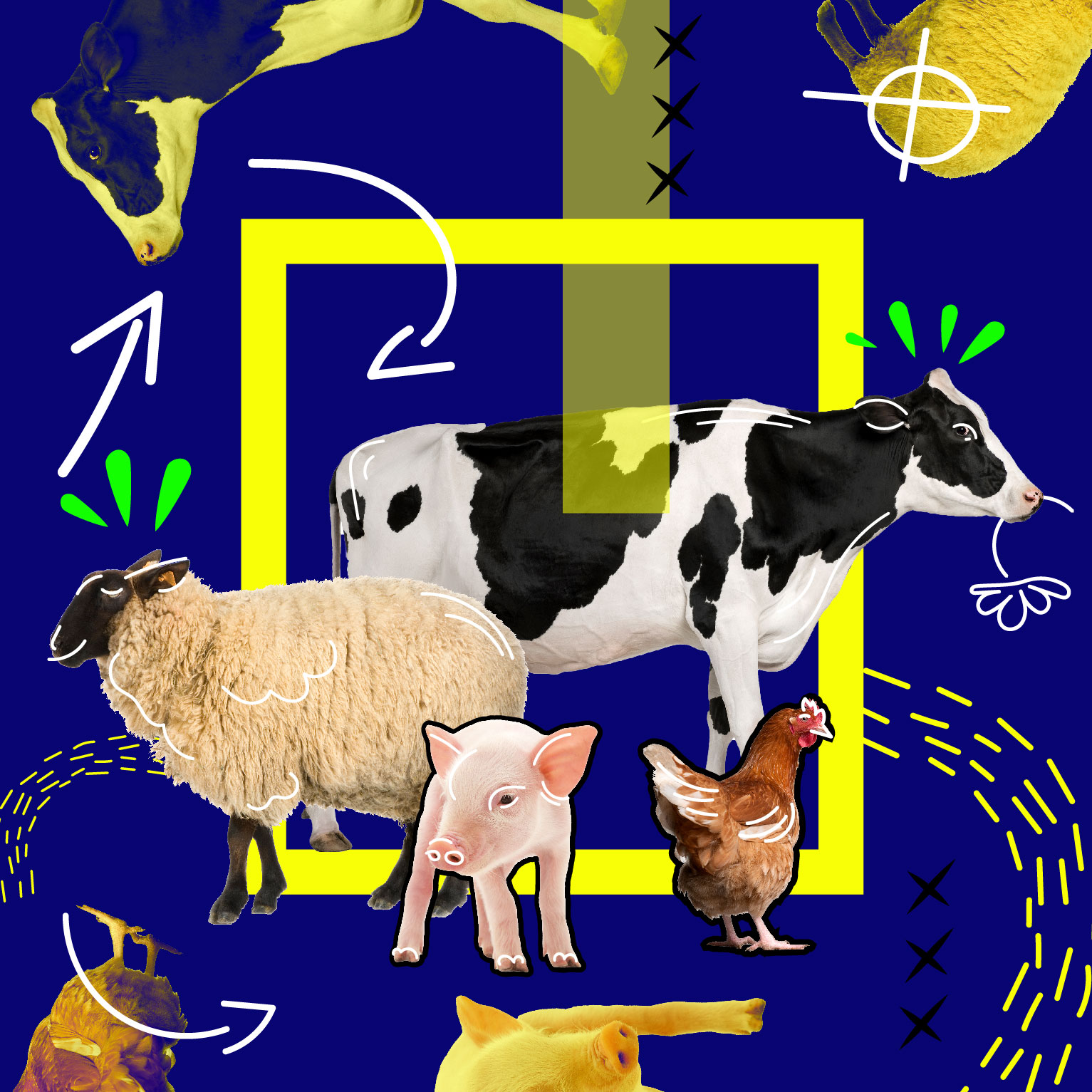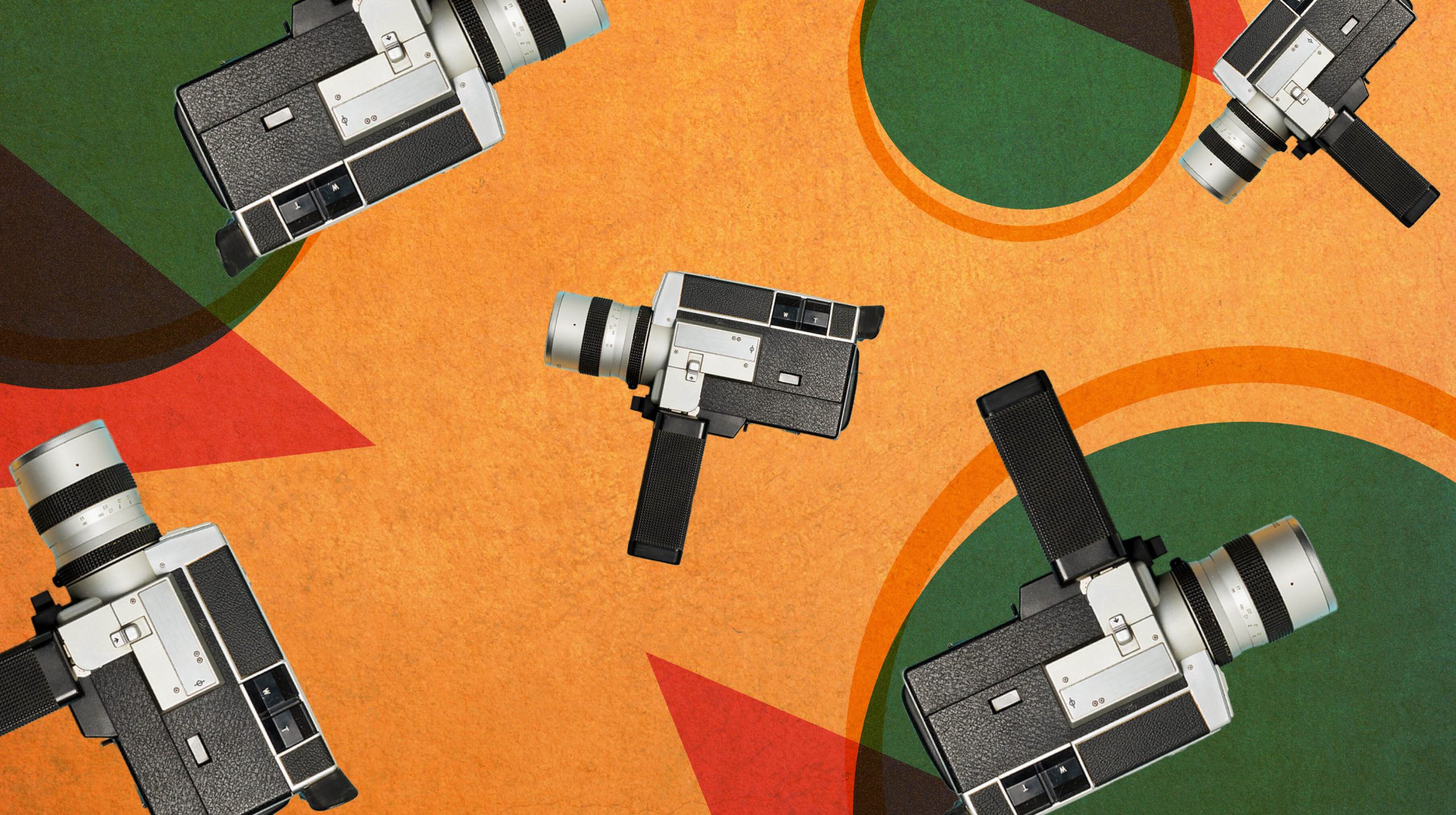

What Will Love Look Like in the Future?
What Will Love Look Like in the Future?
How will the 21st century transform romance? In this video, we’ll explore how pharmaceuticals could make us fall in or out of love on demand, and how cutting-edge technologies could open the doors to completely new forms of sexuality.
Transcript
Relationships have never been easy. And 21st century technology and social disruptions aren’t making them easier. Thanks to the internet, it’s now possible to meet more romantic partners than ever. But studies show that all around the world, the number of single people is increasing – especially among young people.
So, what will become of love in the coming decades? And how will the 21st century transform romance? In this video, we’ll explore how pharmaceuticals could make us fall in or out of love – on demand. And we’ll see how cutting-edge technologies might open the doors to completely new forms of sexuality.
Is this exciting? Disturbing? One thing’s for sure: as the saying goes, love isn’t complicated – people are. This is a brave new world of love.
In the past, love was often considered an illness. We know this was the case in medieval times because the 12th century physician Gerard of Berry claimed that lovesickness could be cured with a diet of lettuce and eggs.
Then during the Renaissance, the popular cure for what was commonly known as ‘the love malady’ was bloodletting. Bloodletting was when the patient – the sighing, lovestruck individual – was deliberately cut to drain out some of their blood.
But what about people who wanted to fall in love? Or to make someone else fall in love with them.These people could turn to a whole arsenal of ancient love potions and aphrodisiacs that promised to do the trick.
Of course, lettuce didn’t always cure lovesickness, and love potions could be unreliable. But it may soon be possible to devise tailor-made love drugs with more dependable results.
Scientists have largely succeeded in mapping out the neurochemicals associated with feeling romantic love. Studies on animals have shown that displays of affection can be controlled by administering or inhibiting certain chemical compounds.
The hormones oxytocin and vasopressin have been identified as ‘intimacy ingredients’: they’re responsible for feelings of trust, empathy, and generosity. When given doses of these chemicals, some animals exhibit signs of romantic attachment to animals they’ve only known for a few hours. And blocking these chemicals can cause animals that are typically monogamous to show more promiscuous behavior.
Some therapists are already recommending oxytocin supplements as a way to help couples reconnect. But what about all the manipulative ways that these treatments could be used?
Jealous, insecure partners could covertly dose their lovers to make them less likely to cheat. Or people could use chemical sprays disguised as perfumes to attract unsuspecting individuals. Perhaps one day there will be prescriptions for post-divorce drugs to dissolve lingering feelings of emotional attachment.
And couples might track the levels of oxytocin and other hormones in their bloodstream, the way some people count their steps and calories today. Soon, a hormone read-out might warn you if your partner is falling out of love long before they say: “It’s not you, it’s me.”
This would reduce romantic love to a kind of neurochemical arms race. People could choose to fall in love whenever they want and to reverse the process just as easily – with a little help from the right chemical. But poets and philosophers could be forgiven for asking if this really counts as falling in love.
And there’s a whole other question to consider; what if people no longer want other humans as their romantic partners? Economists have issued serious warnings about the impact that robots and artificial intelligence may have on the job market.But the robotic revolution could end up transforming our bedrooms as well as our factories.
Search engines and digital home assistants may already know more about you than your own partner. And the growing intimacy between people and smart machines is unlikely to stop at calendar reminders and movie recommendations.
Perhaps robots could help save marriages, with partners delegating some of their emotional and sexual needs to machines? Or maybe romantic relationships will become mechanized, with human-robot couples becoming the norm?
It’s not just robots that may be vying for our affections, we might also migrate to the realm of virtual reality. In a world where external appearance can be programmed and anonymity is guaranteed, people might finally feel free to be their true selves. And perhaps, among the pixels and the polygons, VR users will find someone who loves them for who they really are.
But the digital world has other, creepier possibilities. As artificial intelligence becomes more sophisticated, it may become increasingly difficult to tell whether the avatar you’re falling for was created by another person or simply by a bit of computer code. We could see burgeoning new forms of polyamorous relationships, where only some of the partners are real people.
Even people who prefer flesh and blood humans over robots and virtual avatars, will have the option to enhance themselves with implants and other body modifications. Brain-computer interfaces could allow you to literally get inside your partner’s head. We don’t meet cyborgs in our day-to-day lives yet, but your chances of falling in love with one increase with every passing year.
These possibilities may seem strange, but love has a long and rather bizarre backstory. Biologists tell us that sex was invented about 2 billion years ago by some very clever single-celled organisms. And this invention has led to the agonies and ecstasies that inspire birdsong, peacock feathers, and truckloads of awkward adolescent poetry. What on earth could the love and sex of the future inspire?
Questions for reflection and discussion
The following questions can be used for a group activity (in a classroom or otherwise) or for personal reflection after watching the video.
- Do you think dating and relationships will be more or less complicated in the future than they are today? Why?
- Imagine a world where ‘love drugs’ are as common as vitamins. What would the ethical implications be? Could these drugs enhance relationships, or might they undermine the sincerity of our emotions?
- Do you think dating apps are making it easier or harder to find love? How do you see their role evolving in the future?
- Would you ever consider being romantically involved with an AI or a robot? What qualities do you think a robot would need to possess for people to consider them viable romantic partners?
- As the video shows, the number of single people around the world is increasing. Why do you think this is happening? How could this trend affect other aspects of life, such as housing, entertainment, or social policies?
- If people spend more time in VR and AR, where they can alter their appearance, what do you think this means for the concept of the ‘true self’ in relationships? Would these relationships be considered less genuine?
- Love has historically inspired great art, literature, and music. What new art forms might emerge from futuristic forms of love and romance?
